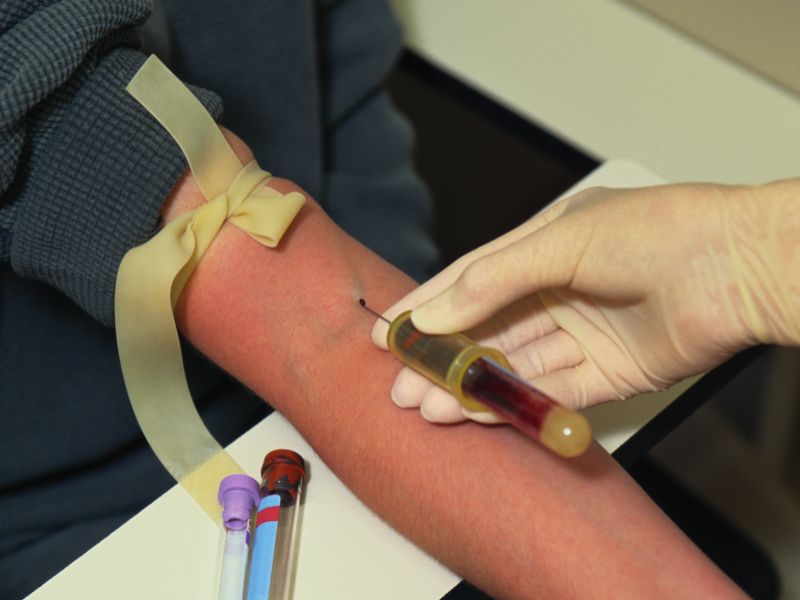
How much pain you feel when blood samples are taken could depend on how nice the person wielding the needle is, new research suggests.
Patients were 390% more likely to say their pain was well-controlled when the person taking their blood was courteous, according to a study presented recently at the Anesthesiology annual meeting, in Orlando.
"It's not surprising that a courteous health care provider can improve the patient experience, but we were shocked at just how powerful that factor was," said lead author Mario Moric, a biostatistician at Rush University Medical Center, in Chicago.
"We thought the more needle sticks, the higher the pain perception, but we found that effect was small. It turns out the experience of pain is much more significantly affected by the attitude of the people treating you," Moric said.
The study included more than 4,700 hospitalized adult patients who had an average of 3.8 blood draws during their hospital stay. The patients were asked about the pain they experienced while having blood taken and about the courtesy of the people who took the blood samples.
The results showed that pain was significantly lower when the health care worker taking blood was courteous -- for example, asking about patients' previous experiences with needles and taking their preferences into account.
According to study co-author Dr. Asokumar Buvanendran, "It's important to continue to improve health care procedures by making them less invasive, but listening to patients and letting them know you are trying to minimize their discomfort also is really powerful and should be a focus for all health care training programs." Buvanendran is chair of the American Society of Anesthesiologists Committee on Pain Medicine and vice-chair of research at Rush University Medical Center.
"Being kind makes a big difference in the patient experience, and that's good for everyone," he added in a meeting news release.
Research presented at medical meetings should be considered preliminary until published in a peer-reviewed journal.
Source: American Society of Anesthesiologists, news release, Oct. 20, 2019.







0 Comments